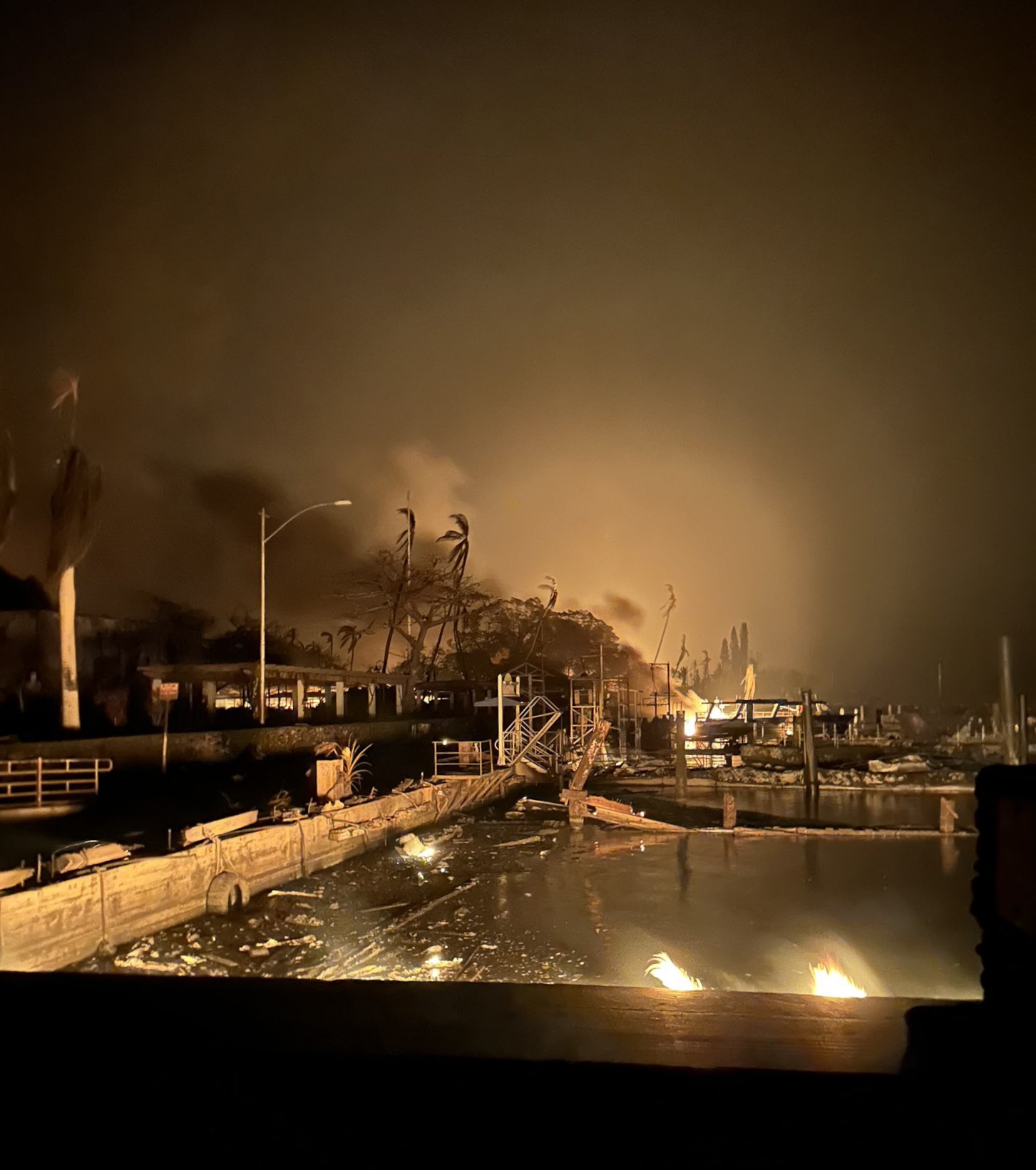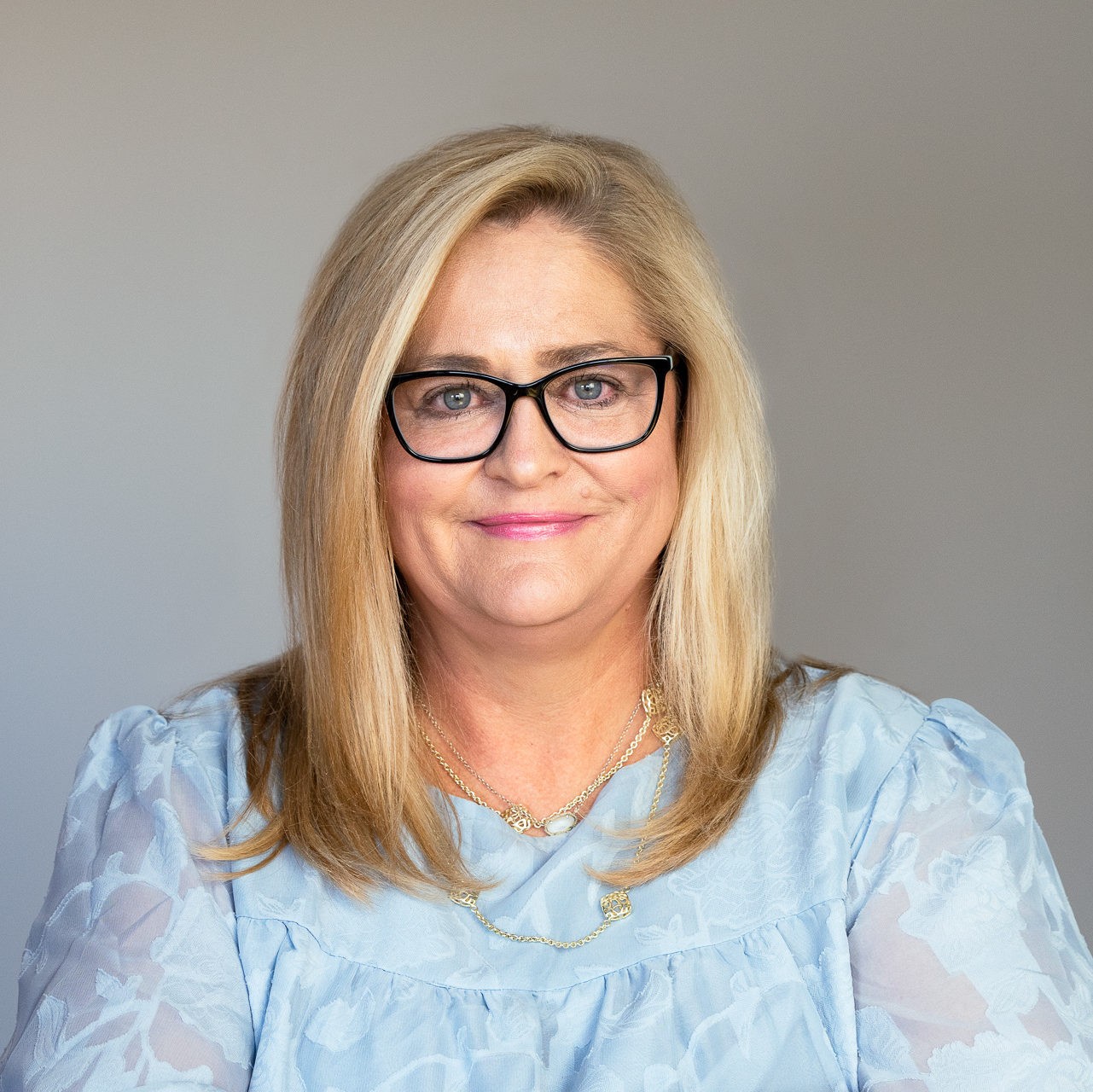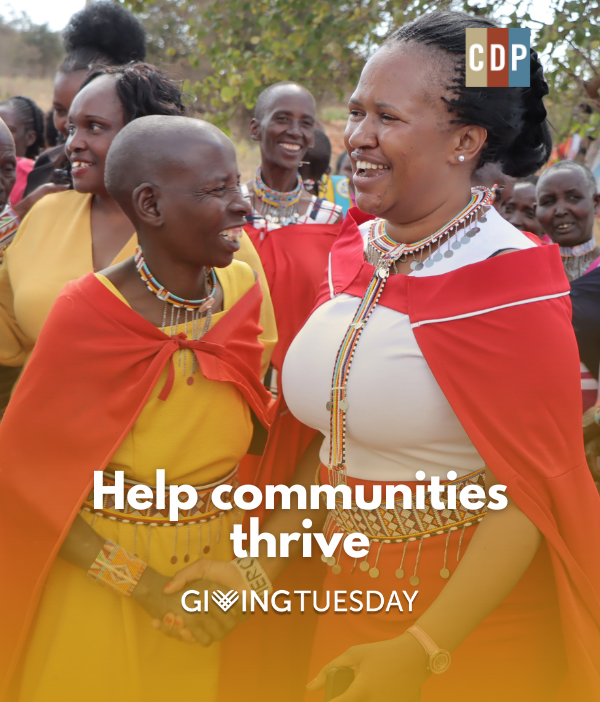Devastating wildfires in Hawaii prompt the launch of a new CDP fund

Earlier this week, massive fires spread rapidly across Hawaii’s (Hawaiian: Hawai’i) Maui and Big Island, fueled by dry conditions and Hurricane Dora, which passed offshore but brought strong winds to the islands.
While the fires still burn across the islands, it’s hard to fully understand the damage done to these Indigenous, historic and beautiful communities. However, it’s clear that the fires are devastating and deadly. Lahaina, the area hit hardest by the fires in Maui, is a popular tourist destination and the primary economic driver for the island. Thousands of historic and cultural structures, businesses, homes and other infrastructure have been destroyed.
At CDP, we’ve spent the last two days reaching out to our philanthropic and nonprofit partners across Hawaii and beyond, offering our support and sharing information with them as they’re ready and need it. What we’re hearing in conversations with our friends, colleagues and family there is familiar. You can sense the shock, fear and trepidation in their voices, even through a computer keyboard and an email. At the same time, it’s clear the commitment they all have to their community—a commitment to support one another through a traumatic time.
What we’re doing to support Maui
Our experience teaches us that recovery from these fires will take a long time and tremendous local effort. Displaced people may not be able to return to their homes for months or even longer. As a tourist destination, jobs will be lost, and businesses will lose revenue.
With that in mind, we launched the CDP Hawaii Wildfires Recovery Fund, which will support mid-to-long-term recovery in Maui and other islands affected. As always, our focus with this fund will be to provide grants to local organizations supporting marginalized populations with less access to the resources needed for an equitable recovery.
Even before these wildfires, Hawaii faced many of the same chronic issues we know have impacted most communities across the United States – lack of affordable housing, homelessness, high costs of living and the systemic inequities that can often come from being priced out of the paradise that is an island state. We will work with local partners to help address these systemic issues to provide an equitable recovery for all.
To provide more context and information for the philanthropic community about the urgent and long-term needs of communities affected by the wildfires, CDP is hosting a webinar next Thursday, Aug. 17. Learn more and register here.
What philanthropy can do
While we wait to learn more about the full extent of the damage caused by the fires, here are some suggestions for philanthropy’s consideration:
- Support local organizations on the ground with flexible funding through all phases of the disaster, especially those working with marginalized populations without access to other resources.
- Fund mitigation efforts to prevent or minimize the effects of future disasters.
- Invest in advocacy organizations and communications efforts that share promising practices for wildfire and drought mitigation as well as living with climate change.
- Support local economic recovery, especially small, locally owned, culturally relevant businesses.
- Join CDP in providing local recovery resources by donating to the CDP Hawaii Wildfires Recovery Fund.
If you have any questions about how you can engage in recovery efforts in Hawaii, please check out the resources we have available on our website. Also, feel free to reach out directly to me or any member of our team.
We are grateful for our partners on the ground in Hawaii and across the U.S. who are supporting the people of Maui. Together, we are committed to seeing this beautiful land and its people recover and thrive again.

